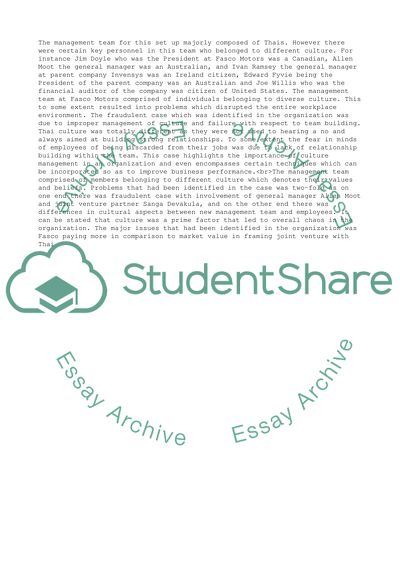Cite this document
(Cross-culture Management Essay Example | Topics and Well Written Essays - 3000 words, n.d.)
Cross-culture Management Essay Example | Topics and Well Written Essays - 3000 words. https://studentshare.org/management/1837506-cross-culture-management
Cross-culture Management Essay Example | Topics and Well Written Essays - 3000 words. https://studentshare.org/management/1837506-cross-culture-management
(Cross-Culture Management Essay Example | Topics and Well Written Essays - 3000 Words)
Cross-Culture Management Essay Example | Topics and Well Written Essays - 3000 Words. https://studentshare.org/management/1837506-cross-culture-management.
Cross-Culture Management Essay Example | Topics and Well Written Essays - 3000 Words. https://studentshare.org/management/1837506-cross-culture-management.
“Cross-Culture Management Essay Example | Topics and Well Written Essays - 3000 Words”. https://studentshare.org/management/1837506-cross-culture-management.


